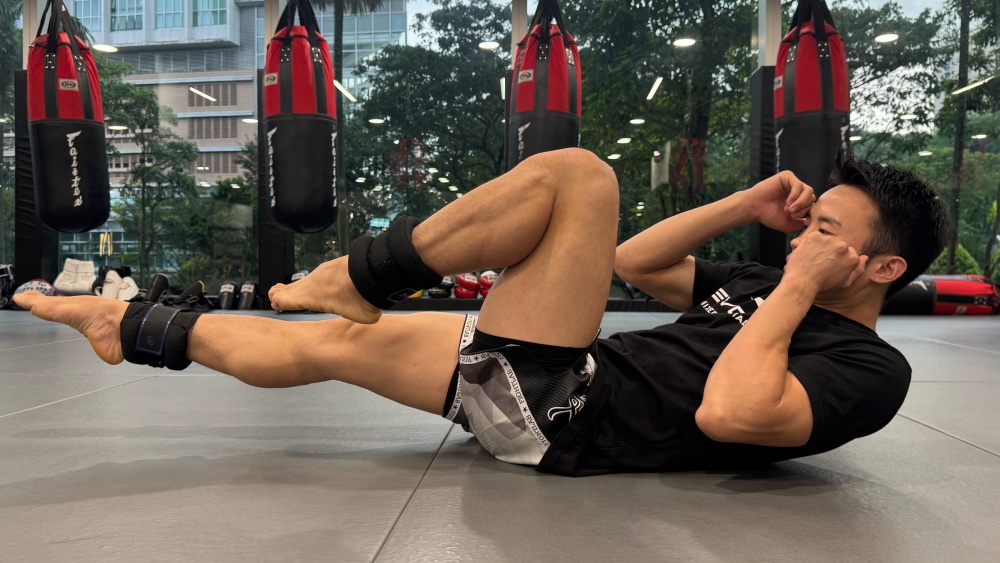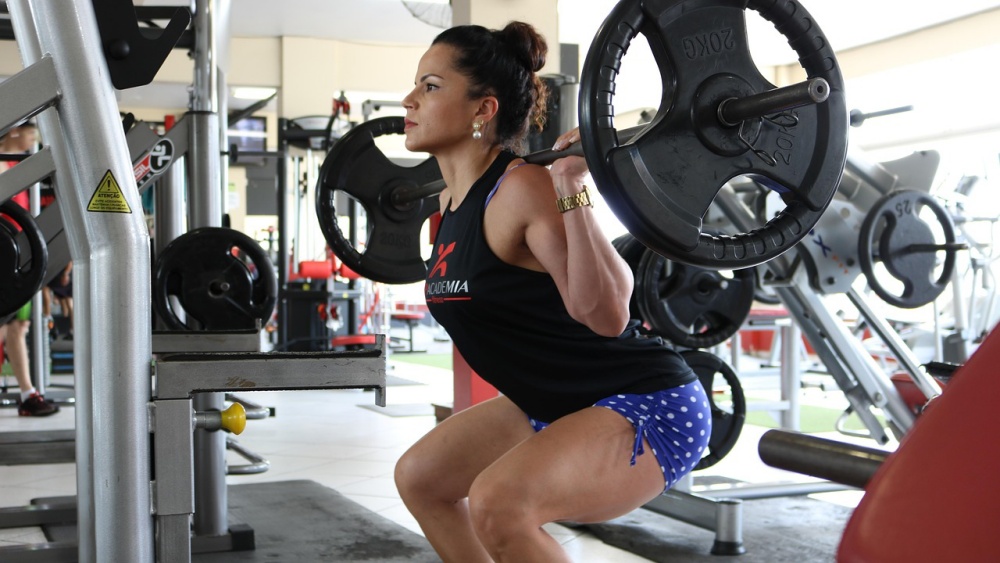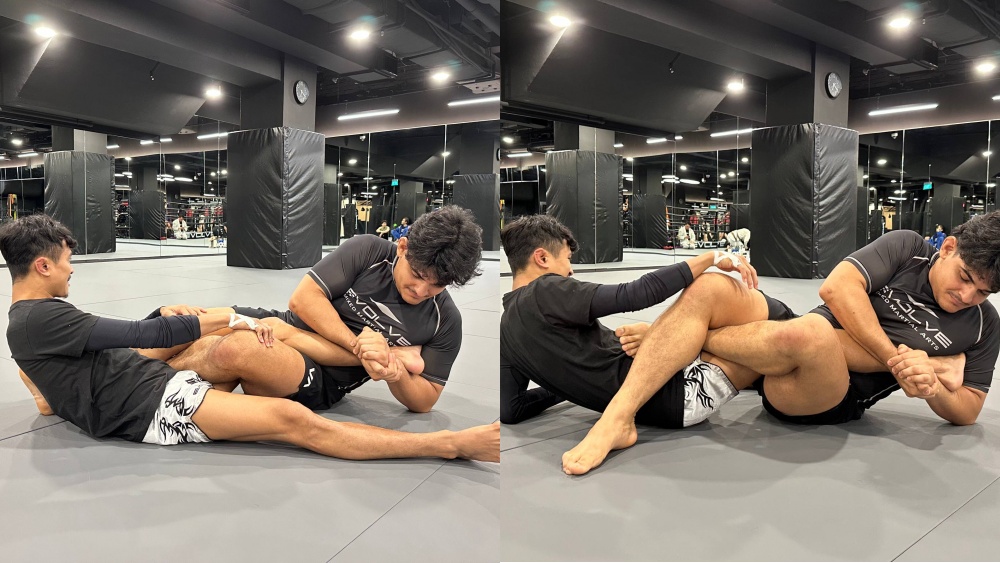Some people can exercise on an empty stomach, but most of us need to fuel up before a workout. This brings us to an essential aspect of your fitness regimen: nutrition.
The way you prepare your body before a workout affects the result you get from it. The ideal meal or snack will give your body the supplies it needs to make the most out of your workout session.
Keep reading to discover the surprising roles nutrition plays in exercise.
When To Fuel Your Body For A Workout
Starting the day with a workout can be the perfect morning boost for the early riser. Morning exercise also works for people with busy schedules since it’s the first thing they get out of the way when they wake up.
Then there are the people who prefer to squeeze a jog into the middle of their day or work out in the evening. This group enjoys more flexibility in their pre-exercise meal or snack because of the time aspect.
Eating right before exercise is not the best of ideas, especially when you’re about to do a vigorous workout. You need at least 30 minutes to allow your meal or snack to settle and take effect. This number changes depending on the type and quantity of ‘fuel’ you take in. The number also depends on the time of the day you choose to work out.
Let’s start with looking at quantity. A full meal with all the main food groups takes a couple of hours to digest. This means that a hearty breakfast or lunch requires a three-hour wait time before an all-out cardio session. In contrast, you only need to wait 45 minutes after taking a snack that contains all the nutrients you need.
Nutrients That Make Your Workout More Effective
A pre-workout meal should help improve your performance, which allows you to make the most out of your time. The meal should also carry nutrients that help the body recover after exercise. This means that you need the following macro-nutrients in the meal:
1) Carbohydrates
Carbs are an energy source that allows you to power through a workout session without running out of steam. This food group falls into two categories: Simple and complex carbohydrates. Simple carbohydrates are easy to break down, and they quickly find their way into the bloodstream. Complex carbohydrates take longer to break down, making them ideal for longer workout sessions.
2) Fats
Compared to complex carbohydrates, fats take longer to break down and burn. This makes them the ideal energy source for long or low-intensity workouts.
3) Proteins
This group of nutrients provides the material that your muscles need to rebuild after a vigorous workout. Muscles tear and break down during vigorous exercise, which triggers their regeneration. They repair themselves with the protein you include in your pre-workout meal. The happy result is muscle growth that sculpts the body while increasing your metabolic rate.
Portion Size And Timing
The previous section shows that different food groups break down at different speeds. The body needs more time to break down complex carbohydrates and proteins. This implies a longer wait time when you make a complete meal out of these food groups. The wait time ranges from one to three hours for a reasonably large meal. Also, the larger the meal, the longer you need to wait before you exercise.
If you’re pressed for time, you should opt for simple carbs and a form of protein that’s easy to break down. These take less than an hour to break down and get into your system. Fats, complex carbs, and large portions are a bad idea if you have less than an hour between your mealtime and workout. These food groups are heavy on the body, and they will slow you down.
The following section puts this information together into a few simple meals and light snacks.
Pre-Workout Meals And Snacks
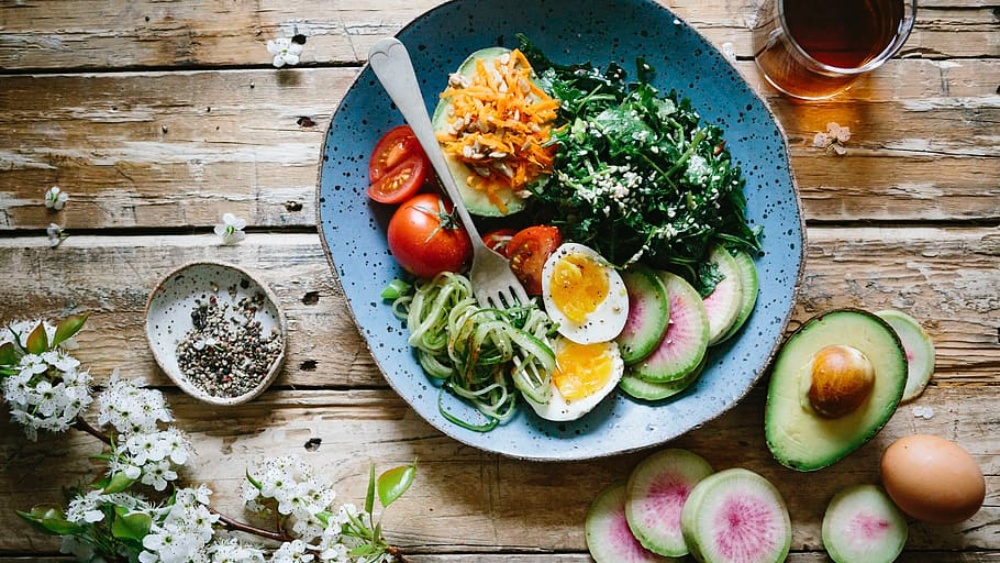
Here’s how to create nutritious meals to help you power through demanding workouts. Each meal, snack, or drink includes every food group you need to keep your body going.
Examples Of Pre-workout Meals
A full meal becomes an option when you have enough time to wait three hours (give or take) to exercise. The meal could be a heavy breakfast at six in the morning, in preparation for a 9 A.M. jog. It could be a late breakfast that gives you energy for a lunch-hour gym session. You could also take a solid lunch before an early evening workout. Adjust the meal to suit the time of day, and you’re good to go. Here are a few examples of full pre-workout meals
- For breakfast, you could have grilled chicken, eggs, and whole bread with fruit juice or coffee.
- An alternative, you can have oatmeal with sweet fruits and cream, accompanied by additional protein (eggs, lean protein such as fish, sausage, a protein shake, or nuts all work).
- Lunch/dinner can be lean meat or fish with vegetables, complex carbohydrates, and a side of fruit.
- Alternatively, you could have lentils and eggs with another type of vegetable. Add a complex carb and fruits to the protein.
The vegetable or olive oil you use to prepare these meals provides the healthy fats you need. This also holds for animal fats in meat and fish. A slice (or two) of avocado is also a great source of healthy fat.
Examples Of Light Meals And Snacks
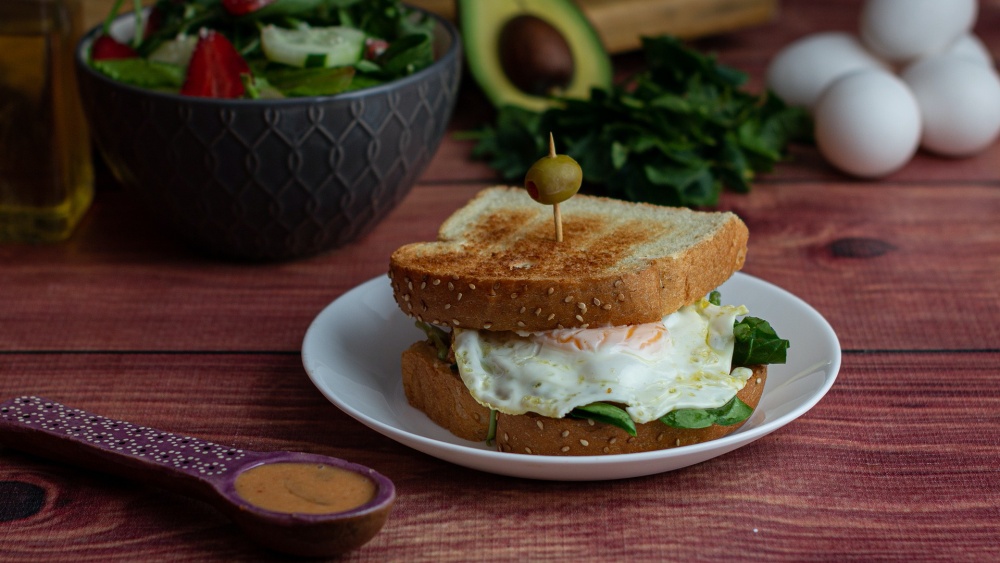
Take this option when you plan to workout within 30 minutes to an hour after your meal. Your light meal or snack should have simple carbs and protein. There’s no need to add complex carbs or fats; these will only slow you down. Examples of light pre-workout options are:
- Nuts and raisins, with twice as many nuts as raisins (one large handful of trail mix should be enough).
- A medium cup of yogurt with lots of fruit in it.
- Sandwich with lean meat, poultry, or fish, with some raw vegetables like lettuce or cucumber.
- A protein shake.
- Peanut butter sandwich.
These are just a few examples of how you can eat and exercise on a tight schedule. The most important guideline is to include simple carbs and protein. Portion control is also crucial if you want to avoid the sluggishness that comes with a heavy meal. Lastly, drink water with your meal or snack. Remember to hydrate during and after your workout as well.
The Right Pre-workout Routine Can Make All The Difference
You can make your fitness regimen more effective by providing your body with the nutrients that enhance your workouts. These nutrients should increase your endurance and encourage your muscles to grow.
You may also like:

